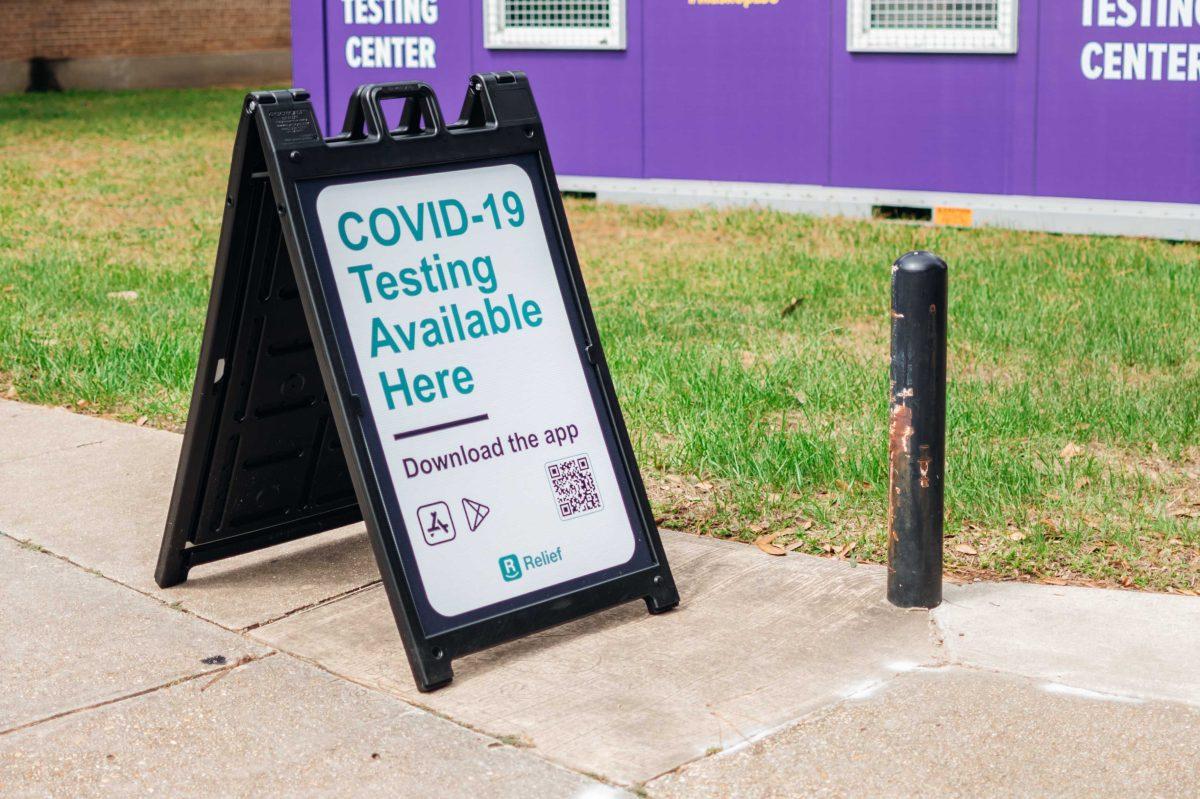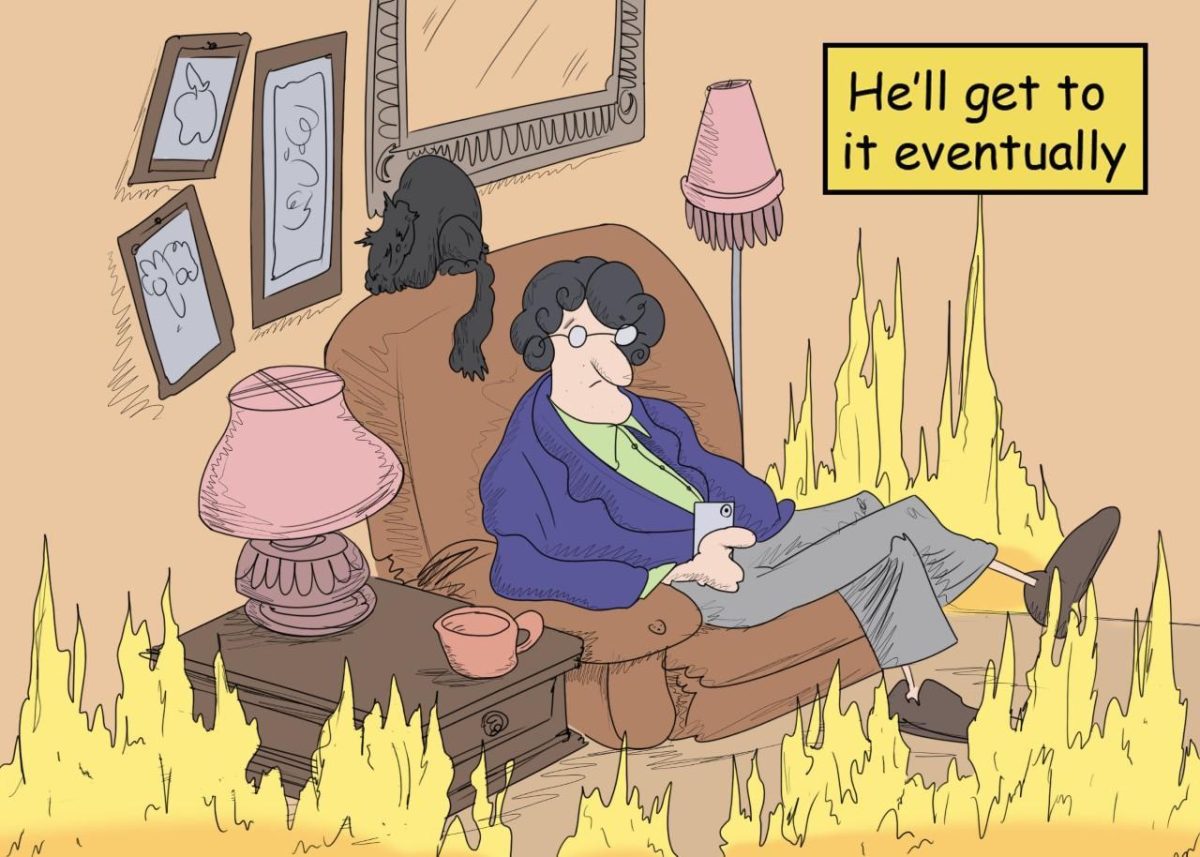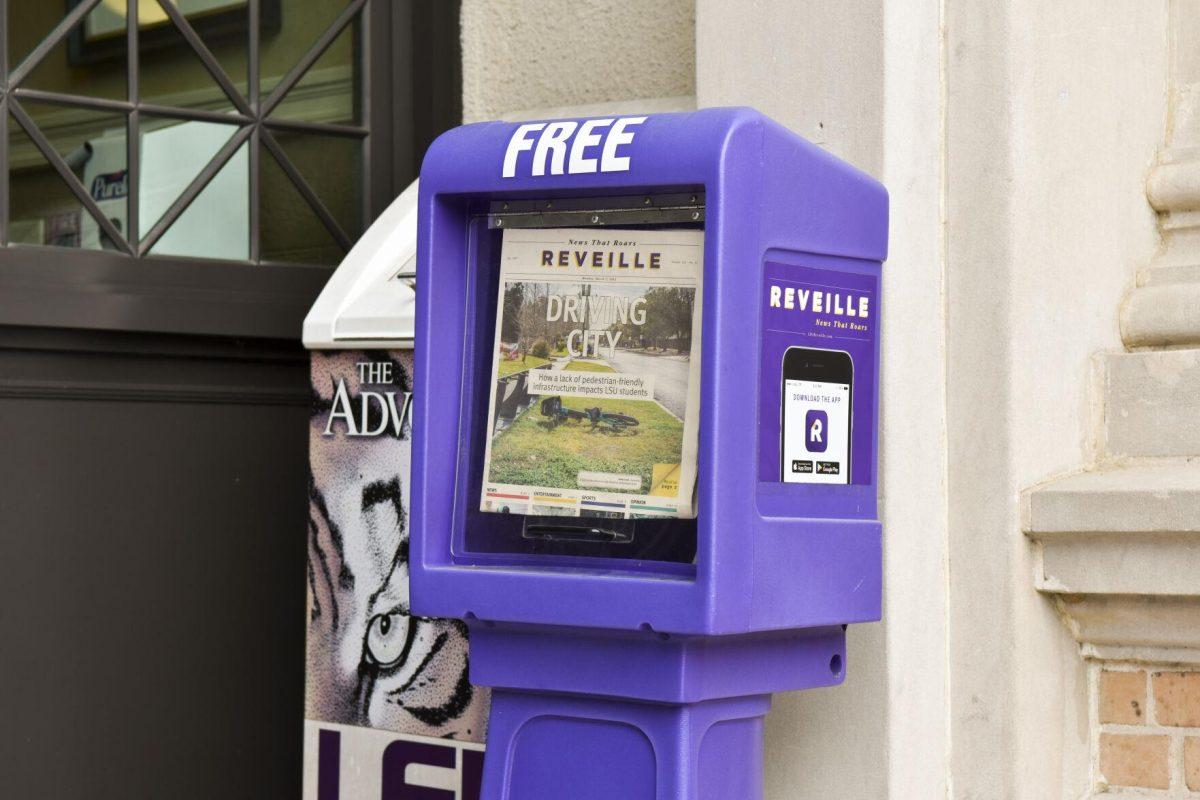The U.S. broke the 200,000 mark in COVID-19 deaths on Sept. 22. The global toll has already surpassed one million.
There’s a good chance you didn’t even flinch when you read that.
It isn’t your fault, though; according to National Geographic, the human brain just isn’t “wired to make sense of big numbers.” And with other stressors —including economic crises, civil unrest, natural disasters, election tensions and dramatic changes to our daily lives — constantly competing for our attention and energy, we’ve become numb to the tragedies of 2020.
This COVID-19 pandemic has been a tragedy; there’s really no other word to describe it. But, unlike other tragedies in recent memory, it’s not defined by a specific time or place. In 2001, we witnessed the Sept. 11 attacks; in 2005, Hurricane Katrina; in 2013, the Boston Marathon bombing — all these events can be memorialized and grieved, we can physically go to these locations, lay down flowers, remember the lives lost and try to heal as a country.
This pandemic has no set boundaries. There is no end we can point to, no one memorial or singular city, only an ongoing crisis spread across the entire globe. No wonder people are so apathetic! It’s exhausting to keep up with the constant bombardment of new death tolls and restrictions and warnings and isolation and contact tracing — and the list goes on.
The human race is an extremely adaptive species. Unfortunately, we’ve adapted a little too well to the pandemic. This is our new “norm.” Instead of worrying like we used to about whether we’ll get a vaccine or when this will all end, we’ve checked out emotionally. We’re all tired and we’re all ready to stop being hyper-vigilant about COVID-19. But that’s still no excuse to give up.
Those 200,000 Americans shouldn’t be nameless, faceless statistics to us. They’re real people whose families are struggling to grieve and heal.
If you’ve personally been affected by a COVID-19 related death you know the pain and the heartache of not being able to gather as a community and honor the memory of your loved one — but if you haven’t , if you’re one of the many people to whom the death toll is just a number, try to put yourself in someone else’s shoes.
How does it feel to lose someone you love? To be prohibited from comforting them in their final days? How does it feel to grieve? To be isolated and without a community to hold you and help you get back up on your feet?
By putting names and faces to those statistics, we can re-humanize the victims of COVID-19 and regain a bit of our own humanity. I struggle to fight off apathy and remain empathetic for those who have lost their lives and for those who have lost loved ones.
I follow the safety guidelines laid out by the city of Baton Rouge and the University to prevent prolonging this pandemic and raising the death toll any higher. I wear a mask to protect others; not just from the virus, but from potentially losing people they love.
Why do you wear yours?
Marie Plunkett is a 21-year-old classical studies senior from New Orleans.
Opinion: With COVID-19 death toll still rising, apathy is the new pandemic
September 29, 2020
A COVID-19 testing sign sits Thursday, Sep. 17, 2020 in front of a COVID-19 testing pod next to the Pentagon Community on Dalrymple Drive at LSU.







